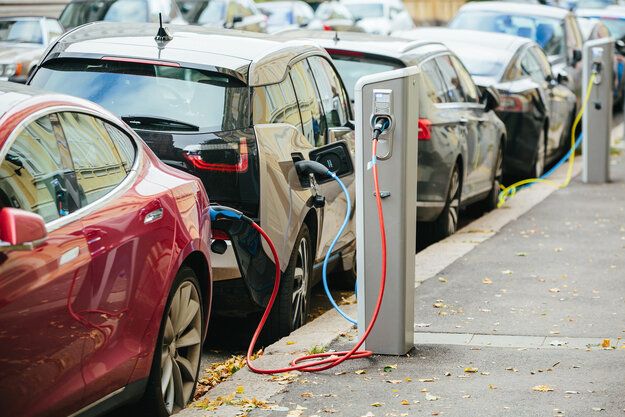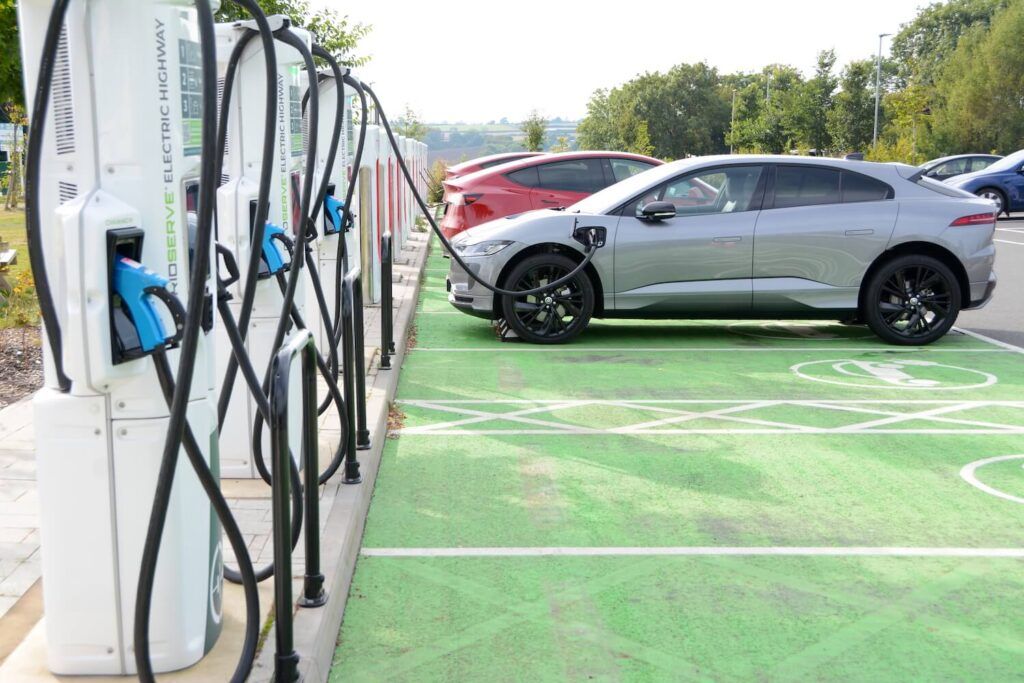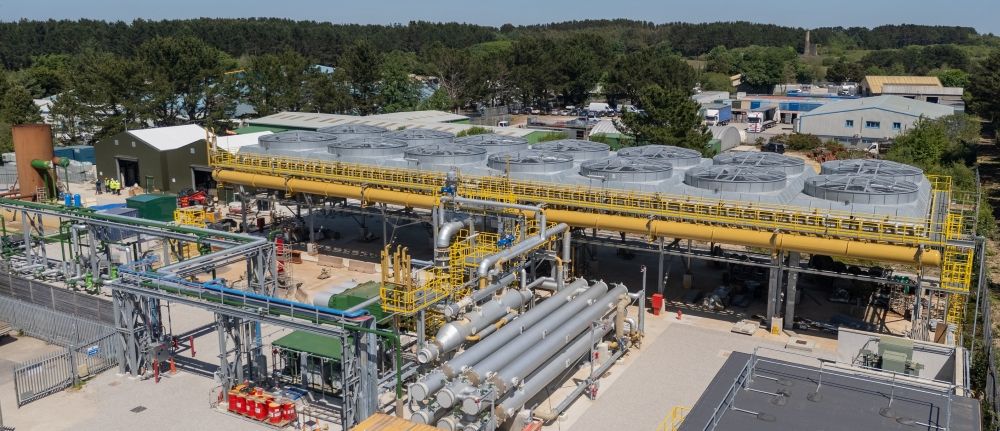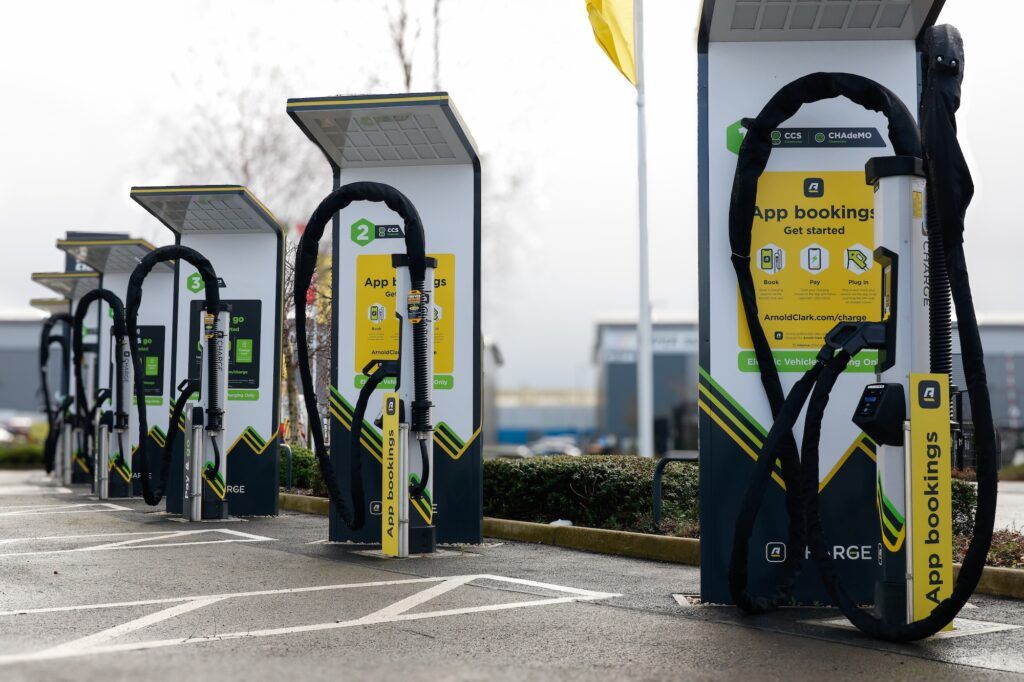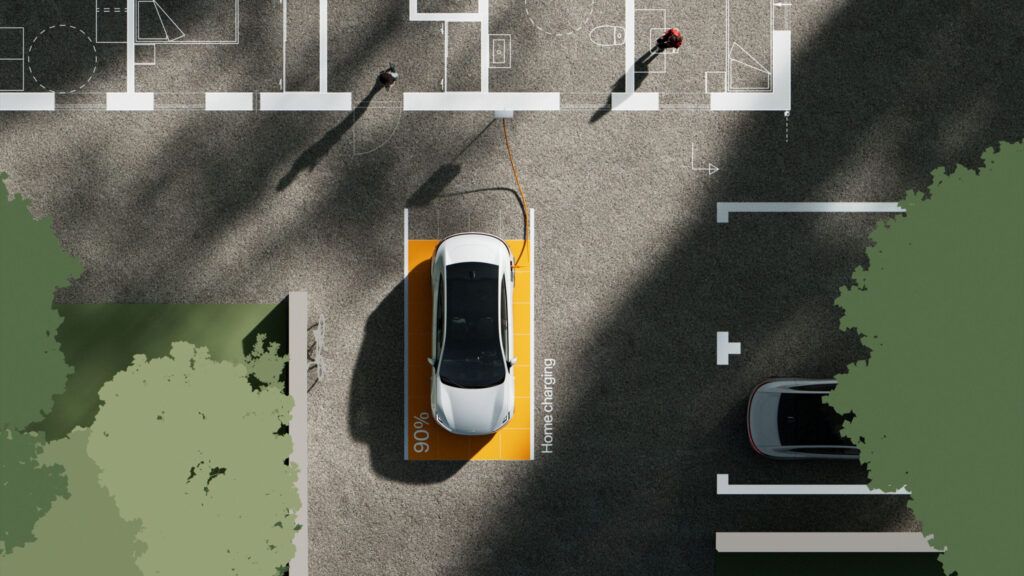Oxford City Council is upgrading its Go Ultra Low Oxford project to improve the reliability of the EV chargers following trial results.
The council is currently assessing the feedback from phase one and is exploring how it can improve the trial during its second phase. Go Ultra Low Oxford aims to promote electric vehicle charging solutions for Oxford residents who are considering buying an electric vehicle but do not have off-street parking.
The first phase of the project, which took place from July 2017 – June 2019, saw 46 charge-points installed across 28 locations, and the use of 10 electric Co-Wheels car club vehicles. The council is now working on preparations for phase two of the project, which will see the project size increase by up to 100 chargers.
Preparation work for this has included opening up the trial’s electric vehicle chargers to public use, and will also include an evaluation of possible sites for future electric vehicle charging technology.
The project followed an £800,000 grant from the Government’s Office for Zero Emission Vehicles (OZEV) in partnership with the county council to develop the scheme.
Oxford currently has thirteen bollard chargers across the city, which are used by trial participants, car club members involved in the trial. Following feedback from phase one of the trial, the charging points were updated at the start of the year to ensure that chargers are more reliable and utilise the latest technology.
Now, in preparation for phase two, the bollard chargers will be moving to a new operator. Franklin Energy will take on the maintenance and operation of all Go Ultra Low Oxford bollard chargers for residents and car club bays across the city. The upgrade means that all 13 designated resident bollard chargers installed under phase one of the project will be available for members of the public to also to use under the Pay As You Go.
Go Ultra Low Oxford phase two will also see the installation of replacement electric vehicle charging points, also operated by Franklin Energy, on four streets across the city. The four charging points will be installed on build-out islands and aim to increase charging facilities by 40%.
The build-out charging points have been designed based of the feedback from phase one and will ensure better access to the pavements for residents, as well as protecting the chargers from vehicle strikes.
In order to accommodate the updated charging points, parking and EV charging bays on these streets will be reconfigured, however the level of parking on these streets will not change. Residents in the streets affected were consulted on the plans earlier this year. Installation of the chargers will take place in April and aim to be completed by May 2021. Alternative chargers will be available for residents for use during installation works.
The next phase of the project will see up to 100 further chargers installed across the city for residents without off-street parking.
Oxford City Council, and Oxfordshire County Council are planning to introduce a Zero Emission Zone (ZEZ) with a pilot in August 2021. In January, the council set a voluntary target to cut emissions of NO2 to 30 µg/m3 by 2025.
Alan McCleave, Regional Manager UK and Nordics, NewMotion, said: “We’re proud to have been able to contribute to the start-up phase of e-mobility in Oxford. We have been a frontrunner of roaming partnerships to help overcome barriers such as having to have lots of different charge cards and apps. With the growing number of people ready to switch to lower carbon transport, there is a need for even more access to charging. We’re happy to see that this heritage is taken into account with the upgrade of the charging infrastructure that people are already using with our charge card/app, who can continue to use the charging facilities in the area.”
Rob Byrne, managing director of Franklin Energy: “We began working with Oxford City Council in 2017 so we are delighted to once again be working with them under the Go Ultra Low project to operate an on-street charging network within the region and to further support them with their forward-thinking e-mobility strategy.”
Councillor Tom Hayes, deputy leader and cabinet member for green transport and Zero Carbon Oxford, said: “I am delighted that we are finding the best charging solutions for residents with on-street parking by extending this trial. We have learned a lot from phase one of our Go Ultra Low Oxford trial and moving to improve the trial ahead of phase two.”
- Image: Shutterstock




